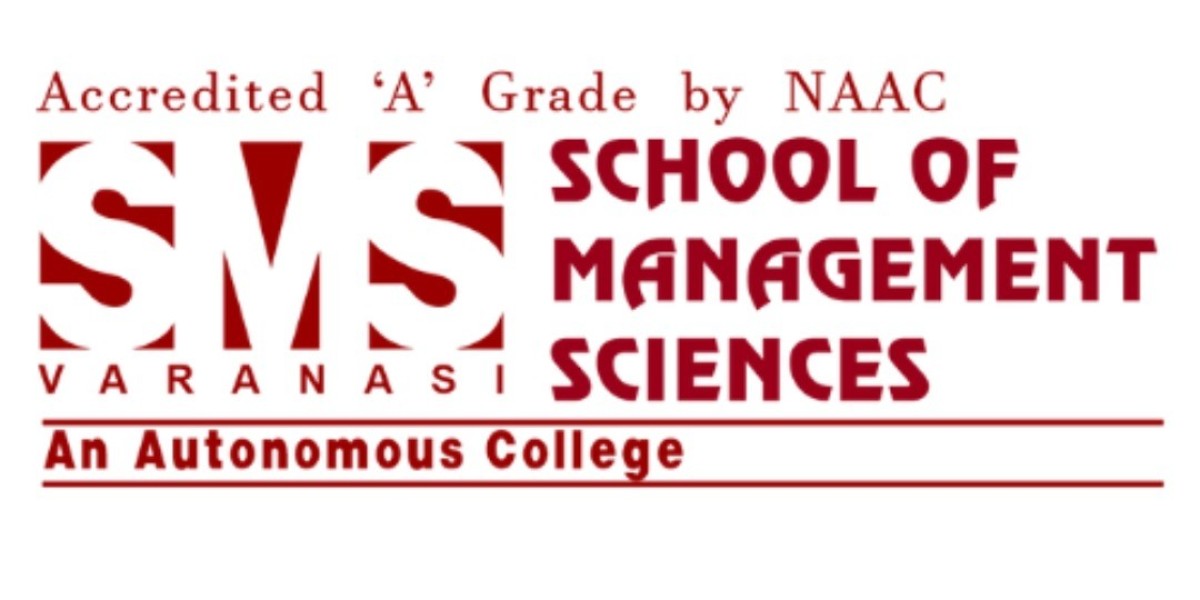In today’s rapidly evolving job market, one truth is becoming clearer than ever: degrees alone are no longer enough. As employers seek candidates with real-world skills, adaptability, and niche knowledge, value-added courses are stepping in to fill the gap. The idea of From Certificates to Careers: How Value-Added Courses Add Value to Resumes reflects this growing trend of using micro-credentials to stand out and get hired.
What Are Value-Added Courses?
Value-added courses are short-term training programs designed to enhance employability by teaching industry-specific or skill-based knowledge. These can range from certifications in Python programming, graphic design, financial modeling, to courses on leadership and communication. They are often offered by universities, industry training centers, or online platforms like Coursera, Udemy, and edX.
Unlike formal education, which tends to be broad and academic, value-added courses are practical, focused, and responsive to current market needs. In a competitive hiring environment, these certifications often become the deciding factor for recruiters evaluating equally qualified candidates.
Why the Modern Resume Needs More Than a Degree
A resume is a marketing tool, and like any good marketing strategy, it needs to clearly communicate your value. Recruiters today spend just 6–8 seconds on a resume. That’s why showcasing practical skills through relevant certifications is vital.
The essence of From Certificates to Careers: How Value-Added Courses Add Value to Resumes lies in this transformation. Certifications do more than decorate your CV—they show initiative, a willingness to learn, and up-to-date knowledge. In a job interview, they can provide a solid foundation for discussion and help demonstrate that you’re serious about your career path.
Advantages of Value-Added Courses for Career Growth
Industry-Relevant Skills:
These courses are often developed in partnership with companies or professionals, ensuring they’re relevant to current job demands.Hands-On Experience:
Many certifications include real-world projects, case studies, and assignments that reflect job challenges—something that recruiters value.Career Exploration:
Students unsure about their exact path can explore different domains—be it coding, marketing, finance, or design—through low-commitment, high-value short courses.Faster Employability:
Employers increasingly prefer candidates who can contribute from day one. Certifications indicate that a candidate is “job-ready.”Resume Boost:
Certifications can create keyword-rich resumes, helping candidates pass through applicant tracking systems (ATS) used by many companies.
Popular Value-Added Certifications Across Fields
To understand From Certificates to Careers: How Value-Added Courses Add Value to Resumes, consider some of the most impactful certifications that employers notice:
Tech & IT: Data Science (IBM), Python (Google), Web Development (Meta), Cybersecurity (CompTIA)
Marketing: Google Ads, HubSpot Inbound Marketing, SEO Fundamentals (Moz)
Finance & Business: Financial Modeling, CFA Level I prep, Excel for Business
Design & Creative: Adobe Photoshop, UI/UX Design, Canva for Professionals
Soft Skills: Public Speaking, Emotional Intelligence, Critical Thinking, Leadership
Each of these certifications, when added strategically to your resume, creates depth and demonstrates that you bring more than textbook knowledge to the table.
Real-World Impact: From Classroom to Career
Let’s take a scenario: Ravi is a final-year engineering student with average academic performance. Knowing that core engineering jobs are limited, he invests time in a certification on Python and Data Analysis. He completes hands-on projects using Pandas and Matplotlib, builds a mini portfolio, and adds it to his resume.
At his campus placement interview, recruiters are more impressed with his project work and certification than his grades. He gets selected for a data analyst role in a startup—proof that From Certificates to Careers: How Value-Added Courses Add Value to Resumes is more than a concept; it’s a reality.
Tips to Make the Most of Value-Added Courses
Align Certifications with Career Goals:
Don’t just pick random courses—choose those that match your target industry and role.Showcase Certifications Strategically:
Place them in a dedicated “Certifications” or “Professional Development” section on your resume. Mention project outcomes or key learnings.Keep Learning:
Technology and industry trends change constantly. Stay current by pursuing new certifications every 6–12 months.Leverage LinkedIn:
Post about your certification journey on LinkedIn. Share learnings, projects, and even certificates. It helps attract recruiters looking for active learners.Build a Portfolio:
Combine certifications with real projects and host them online. Whether it’s a marketing campaign, an app, or a financial analysis, proof of work speaks louder than a line on a resume.
The Recruiter's Perspective
Recruiters often face the dilemma of choosing between multiple candidates with identical degrees. Certifications offer clarity. A candidate who has completed a Google Data Analytics certification or a Certified Financial Analyst course signals seriousness and skill relevance.
It also shortens the training curve for companies. Hiring someone who already knows the tools or techniques needed for the role saves time and resources.
That’s why companies now value lifelong learners—people who are self-driven and future-focused. From Certificates to Careers: How Value-Added Courses Add Value to Resumes highlights this very shift from academic scores to practical skills.
Conclusion
As industries transform and job roles evolve, the demand for relevant, up-to-date skills continues to rise. Value-added courses offer a powerful, accessible way for students and professionals to boost their resumes and increase their employability.
The journey From Certificates to Careers: How Value-Added Courses Add Value to Resumes is one that thousands are already on—and those who embrace it are gaining a clear advantage. Whether you're a college student eyeing your first job or a mid-career professional looking to shift roles, investing in value-added courses is no longer optional. It’s essential.
Make your resume more than just a list—make it a story of continuous learning, growth, and adaptability. Because in the end, your willingness to learn today defines the opportunities you unlock tomorrow.








